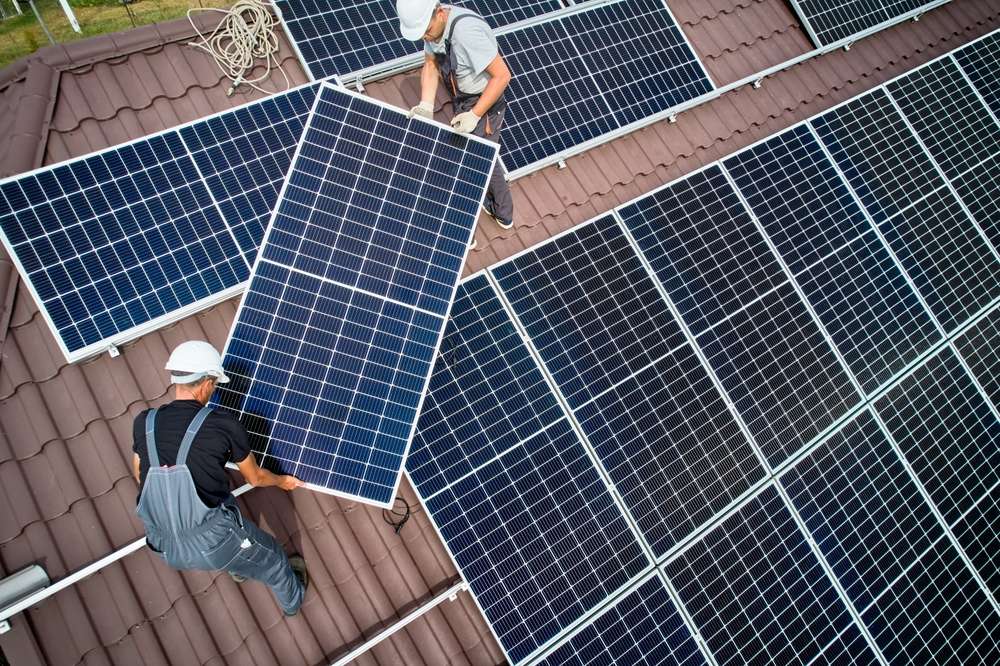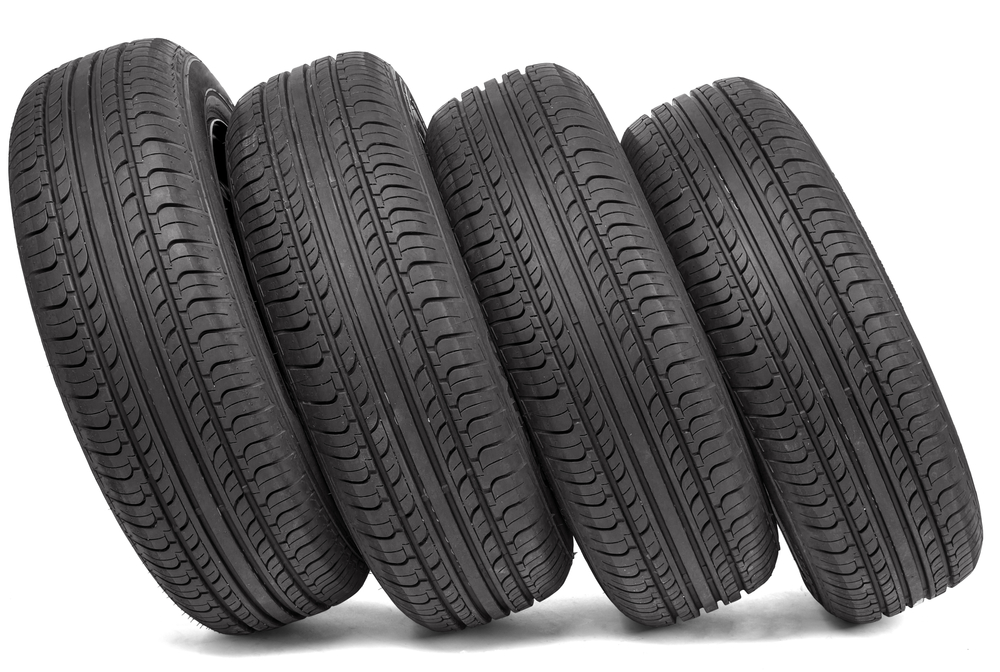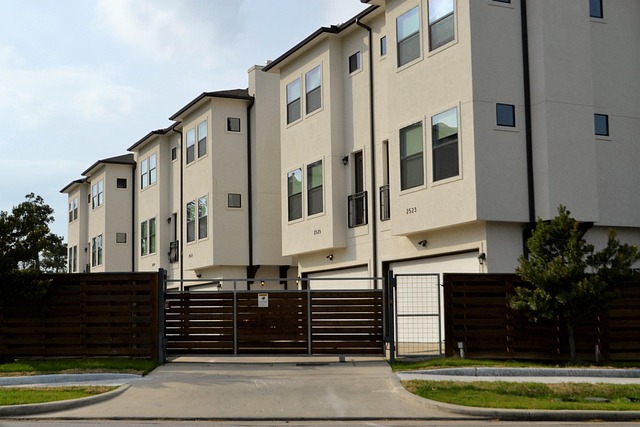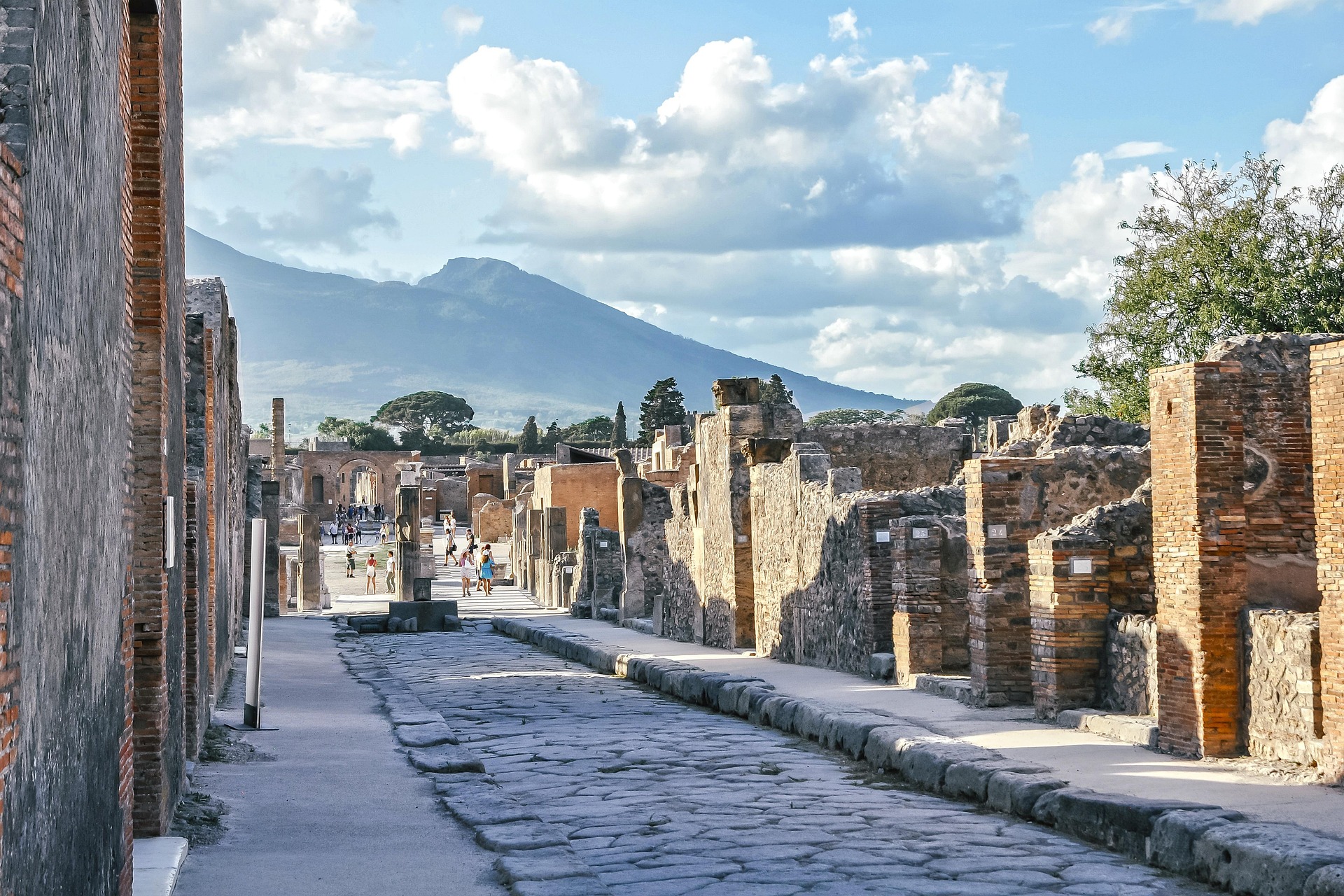Heat Pump Prices 2025 – Compare Residential Heat Pump Costs
Heat pump prices for residential properties in 2025 vary significantly based on system type, property size, and installation requirements. Understanding the cost factors and available options helps homeowners make informed decisions about heating and cooling upgrades. This comprehensive guide examines current heat pump pricing, installation costs, and factors affecting overall investment in residential heat pump systems.

Understanding Heat Pump Price Factors
Heat pump price depends on several key variables that affect both equipment and installation costs. System capacity, measured in kilowatts for heating output, directly influences pricing alongside property insulation levels and existing heating infrastructure. Air source heat pumps typically cost less than ground source systems due to simpler installation requirements and fewer ground works.
The coefficient of performance rating also affects heat pump prices, with higher efficiency units commanding premium costs but offering better long-term energy savings. Installation complexity varies significantly between properties, particularly regarding electrical upgrades, radiator replacements, and hot water cylinder modifications required for optimal system performance.
Heat Pumps Prices by System Type
Air source heat pump systems represent the most affordable entry point for residential installations, with equipment costs ranging from £4,000 to £12,000 depending on capacity and efficiency ratings. These systems extract heat from outdoor air and work effectively in UK climate conditions throughout the year.
Ground source heat pumps involve higher upfront investment due to ground loop installation requirements. Equipment and installation typically cost between £10,000 and £25,000, though government grants and incentives can reduce net investment. Hybrid systems combining heat pumps with existing boilers offer middle-ground pricing options for properties with specific heating requirements.
Water source heat pumps, suitable for properties near water bodies, fall between air and ground source systems in terms of pricing. Installation feasibility depends on proximity to suitable water sources and environmental permissions.
Residential Heat Pump Prices and Installation Costs
Installation costs form a significant portion of total residential heat pump prices, often matching or exceeding equipment costs depending on property requirements. Standard air source heat pump installations typically cost £2,000 to £6,000 for labour and associated works, including electrical connections and system commissioning.
Ground source installations involve substantial groundworks, with excavation or drilling costs varying by soil conditions and system design. Horizontal ground loops require larger garden areas but cost less than vertical boreholes, which suit smaller properties but involve specialist drilling equipment.
Additional costs include electrical upgrades, particularly for properties requiring new consumer units or enhanced electrical supply capacity. Hot water cylinder replacement or modification adds £500 to £2,000 to total project costs, depending on existing systems and property requirements.
| System Type | Capacity Range | Equipment Cost | Installation Cost | Total Investment |
|---|---|---|---|---|
| Air Source Heat Pump | 6-12kW | £4,000-£8,000 | £2,000-£4,000 | £6,000-£12,000 |
| Ground Source Heat Pump | 6-15kW | £8,000-£15,000 | £6,000-£12,000 | £14,000-£27,000 |
| Hybrid Heat Pump | 4-8kW | £3,500-£6,500 | £1,500-£3,500 | £5,000-£10,000 |
Prices, rates, or cost estimates mentioned in this article are based on the latest available information but may change over time. Independent research is advised before making financial decisions.
Government Incentives Affecting Heat Pump Pricing
The Boiler Upgrade Scheme provides substantial grants reducing effective heat pump prices for eligible homeowners. Air source heat pump installations receive £7,500 grants, while ground source systems qualify for £7,500 funding, significantly reducing net investment costs for qualifying properties.
Local authority schemes and energy supplier incentives may provide additional financial support, varying by location and individual circumstances. These incentives change periodically, making current research essential for accurate cost calculations and project planning.
Energy efficiency requirements must be met for grant eligibility, potentially requiring additional insulation or property improvements before heat pump installation. These preliminary works affect overall project costs but improve system efficiency and long-term performance.
Comparing Heat Pump Running Costs and Savings
Operating costs significantly impact long-term heat pump economics beyond initial purchase and installation prices. Heat pumps typically achieve seasonal performance factors of 2.5 to 4.0, meaning they produce 2.5 to 4 units of heat for each unit of electricity consumed.
Annual running costs depend on property energy demand, electricity tariffs, and system efficiency. Well-insulated properties with appropriately sized heat pumps often achieve annual heating costs 30-50% lower than oil heating and comparable to modern gas boiler systems.
Time-of-use tariffs designed for heat pump users can further reduce operating costs by utilising cheaper off-peak electricity rates. Smart controls and thermal storage systems maximise these tariff benefits while maintaining comfortable indoor temperatures.
Understanding residential heat pump prices requires considering both upfront investment and long-term operational costs alongside available financial incentives. System selection should balance initial affordability with efficiency performance and property suitability. Professional assessment helps determine optimal system sizing and configuration for individual properties, ensuring cost-effective heat pump installations that deliver reliable heating and cooling performance throughout their operational lifetime.




